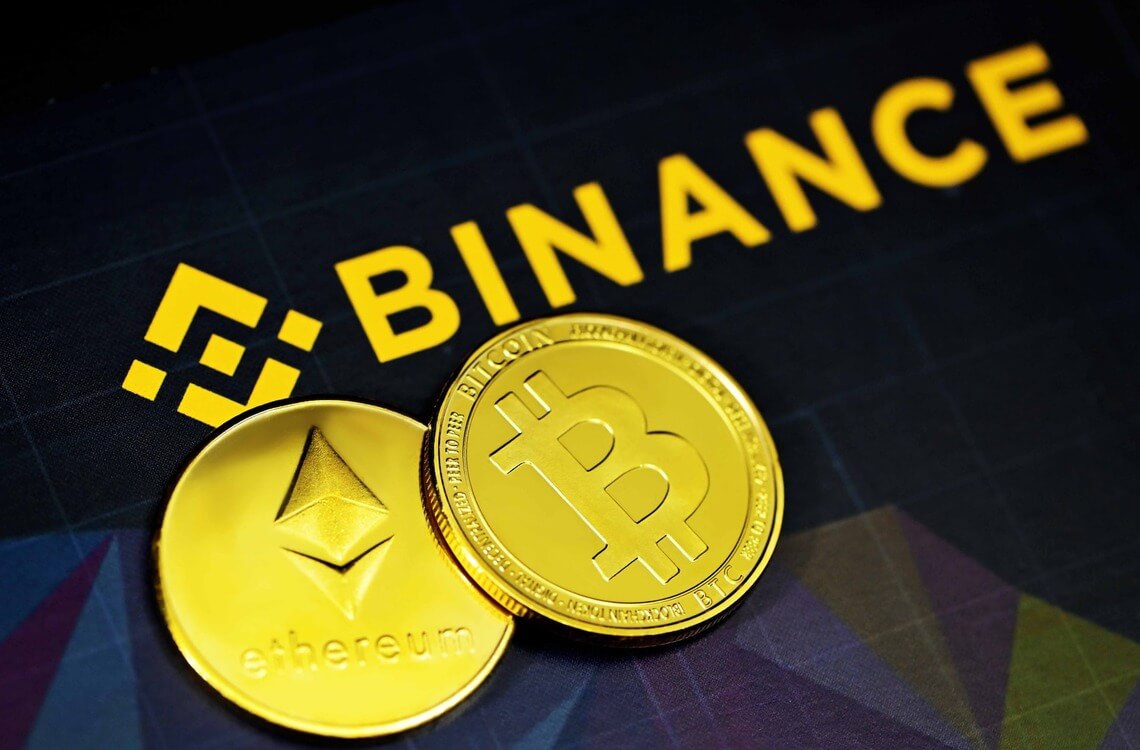Nigerians Trade N497 Billion Bitcoin Amid CBN Ban

Nigerians transacted N497.35 billion ($1.16 billion) worth of Bitcoin from the beginning of 2021 to June 2022, indicating a growing prominence of the digital currency in the nation.
This despite the Central Bank of Nigeria’s restriction on cryptocurrencies in the country.
In February 2021, the CBN had said: “In addition to previous regulatory directives on the subject, the bank hereby wishes to remind regulated institutions that trading in cryptocurrencies or facilitating payments for cryptocurrency exchanges is prohibited.”
Still, according to figures from Paxful, one of the largest peer-to-peer platforms in the nation, Nigerians have traded $1.16 billion worth of BTC volumes in the past 18 months.
In 2021, Nigerians traded N428.75 billion ($760 million) in BTC volumes, which translates to six million trades during the year – roughly 16,000 trades per day. The firm further stated that Nigeria became its largest country based on trade volume during the year.
The firm said: “Nigeria is our largest country based on trade volume – over $760 million in trade volume last year. In 2021, we also saw over 6 million successful trades in Nigeria, which breaks down to over 16,000 trades every day.
“Globally, we saw almost $3 billion in trading volume on Paxful last year.”
In the first six months of 2022, BTC trading from the nation had reached about N171.50 billion ($400 million), on track to beat 2021 figures.
The firm added: “And despite the global financial crisis, Paxful sees peer-to-peer and interest in Bitcoin not waning.
“In the first half of 2022, the trading volume in Nigeria reached almost $400 million, which shows us that the emerging markets are still hungry for Bitcoin.”
Paxful is not the only P2P platform selling BTC and other cryptocurrencies in the country. Others such as Binance, BuyCoins and co have a strong presence in the country, but official figures regarding their national transaction volumes are almost non-existent.
Since the CBN banned banks from facilitating crypto transactions, Nigerians have had to rely on P2P platforms for their crypto transactions.
According to Chainalysis’ 2021 Global Crypto Adoption, Nigeria is the sixth leading country in the world in terms of cryptocurrency adoption, due to the resilience of its peer-to-peer money systems.
In the report “Capital Flow Management Measures in the Digital Age: Challenges of Crypto Assets”, the International Monetary Fund revealed that crypto assets appealed to countries with younger populations.
It stated that countries with weak economic fundamentals would likely witness an increase in crypto adoption because their populations would perceive crypto as a hedge against exchange rates and inflation.
The founder and coordinator, Blockchain Nigeria User Group, Chimezie Chuta, had earlier told The PUNCH that the P2P nature of BTC drove its growing adoption in the nation.
He said, “Crypto is designed to be P2P and the only way we started talking about bank accounts is for easy unloading or what we call unwrap.
“If people are confident or comfortable to just exchange crypto to crypto in the P2P environment, then there is nothing to stop it. And that’s what happened after the CBN banned crypto and most of the trading went to P2P. P2P is person to person, there is nothing that can happen to that.”
The President of Stakeholders of the Blockchain Technology Association of Nigeria and Secretary General of the Blockchain Industry Coordinating Committee of Nigeria, Senator Ihenyen, said it was time the CBN reconsidered its stance on crypto.
“Yes, I strongly believe that it is time for the CBN to reassess its stance on crypto in Nigeria. No doubt, the CBN must have had compelling reasons to bar cryptocurrency from the country’s banking and financial system in February 2021.”
In 2021, the Minister of State Budget and National Planning, Clem Agba, called on the federal government to regulate the crypto industry.
On the Technext Coinference theme, “Reimagining crypto as the future of finance,” he said, “Regulations of the industry do not mean a giant hammer that strikes down the activities taking place in an industry, but rather to optimize growth conditions, tailored to the industry. ”
























